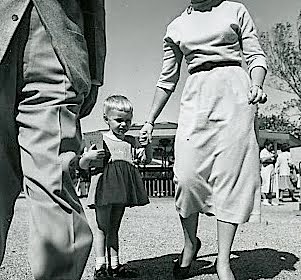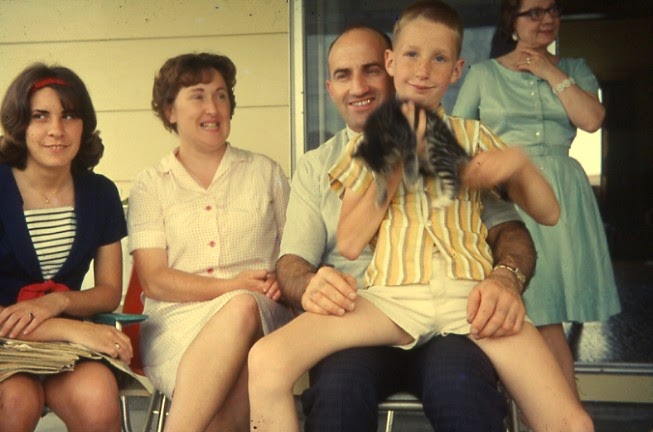 In Beyond the Pleasure Principle, Freud modified his earlier model of psychic economy in which “the pleasure principle” (and its repression/sublimation) is the central force propelling human action, behavior and development. In this essay Freud sketches out a new theory of drives by adding “the death drive” (called “Thanatos,” in complement to “Eros” by Freud’s students). Beyond the Pleasure Principle produces a striking portrait of the human psyche as struggling between two opposing forces: Eros, the progressive drive toward sexual and pan-sexual pleasure, creativity and harmony; Thanatos, the regressive pull of repetition, compulsion, aggression and self-destruction.
In Beyond the Pleasure Principle, Freud modified his earlier model of psychic economy in which “the pleasure principle” (and its repression/sublimation) is the central force propelling human action, behavior and development. In this essay Freud sketches out a new theory of drives by adding “the death drive” (called “Thanatos,” in complement to “Eros” by Freud’s students). Beyond the Pleasure Principle produces a striking portrait of the human psyche as struggling between two opposing forces: Eros, the progressive drive toward sexual and pan-sexual pleasure, creativity and harmony; Thanatos, the regressive pull of repetition, compulsion, aggression and self-destruction.Beyond the Pleasure Principle was born out of Freud’s work with victims of trauma--specifically the traumatized soldiers returning from World War I. In fact, one of the cultural effects of the Great War was a growing popular recognition of the existence of psychological damage itself: that one could be as debilitated by mental trauma as physical injury. Freud observed that his patients often tended to repeat or re-enact these traumatic experiences, in symbolic or displaced forms, a seemingly paradoxical phenomenon that he termed repetition compulsion. Such compulsive repetition of the unpleasurable appeared to contradict the pleasure principle. In his further reflection on the phenomena, Freud noticed this repetition of unpleasant events could be found even in other circumstances like the play of children, as elaborated in his famous description of the fort / da game of his grandson. It is clear from this example that, at least on one level, such repetition compulsion is born from and can produce a positive and healthy attempt to deal with trauma by regaining control over a situation where previously one had none.
While Freud believed that in many cases we repeat traumatic events in order to master them after the fact, this is not the only motive or result of a drive away from pleasure. Freud began to distinguish a deeper masochism, a process that involves the drives turning against the self. Freud postulated the existence of a fundamental death drive that would counterbalance the tendency of beings to do only what they find pleasurable. According to this idea, organisms are driven to return to a pre-organic, inanimate state: to seek to withdraw from the anxiety of life (movement) in stillness and death.


























































No comments:
Post a Comment